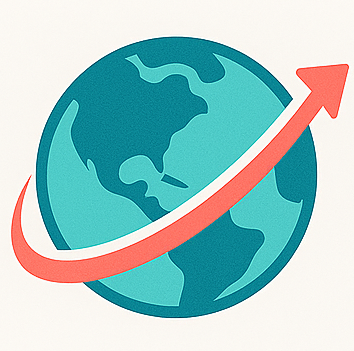
Navigating Healthcare in a New Country: What Every Expat Should Know
Healthcare access is one of the biggest concerns for anyone moving abroad. Here’s how to prepare and what to expect.
1. Public vs Private Systems
Some countries offer high-quality public healthcare (e.g., Spain), while others rely more on private care (e.g., the Dominican Republic).
2. Is Private Insurance Necessary?
In most cases, yes. Even if public healthcare is available, private insurance gives faster access, English-speaking doctors, and better facilities.
3. Cost Differences Can Be Huge
A hospital visit in Thailand might cost $50. In the U.S., it’s $5,000. Know the average medical costs before moving.
4. International Health Insurance Plans
Look into companies like Cigna Global, Allianz, or IMG. Plans can include dental, evacuation, and maternity.
5. Local Insurance May Be Cheaper
In countries like Mexico or Portugal, local providers offer plans at a fraction of U.S. prices.
6. Access to Medication
Many medications are available over-the-counter abroad. But some U.S. prescriptions may not exist under the same name.
7. Language Barrier in Hospitals
Consider learning key medical terms in the local language—or carry a translated list of your conditions and medications.
8. Emergency Care
Save the local emergency number. In many countries, it’s not 911.
9. Find a Reputable Hospital or Clinic
Ask other expats, consult online reviews, or use services like SettleAway to get a curated list of expat-friendly providers.
Download our Healthcare Planning Checklist for your relocation journey.











